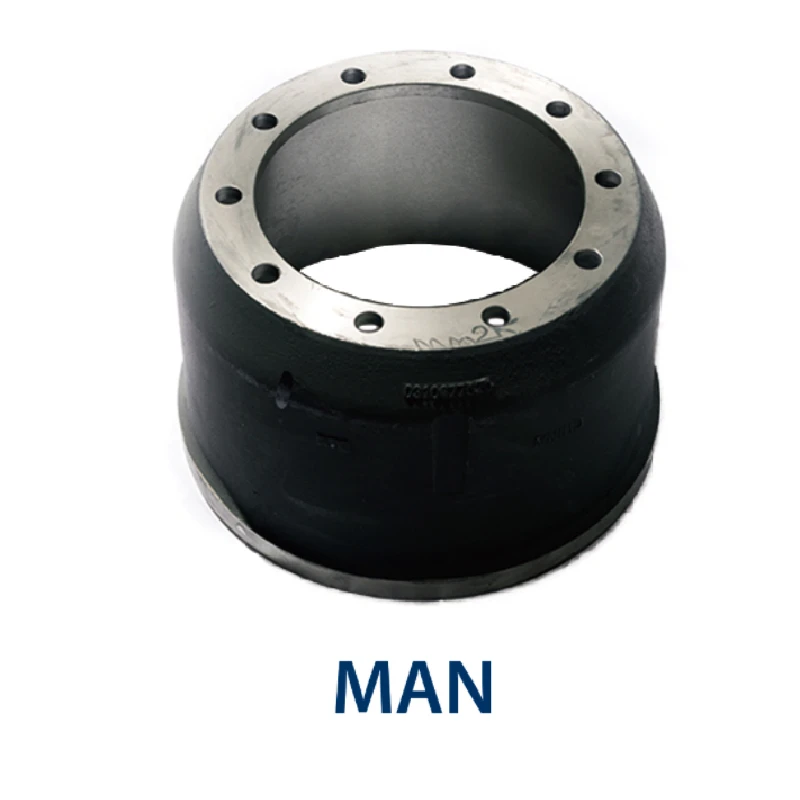12 月 . 06, 2024 03:21 Back to list
65152b brake drum
Understanding the 65152B Brake Drum Key Features and Importance in Automotive Engineering
Brake drums are vital components in many automotive braking systems, particularly in vehicles designed for heavy-duty use. Among the various types of brake drums available in the market, the 65152B brake drum stands out due to its robust construction, reliability, and performance. This article aims to explore the key features and importance of the 65152B brake drum in automotive engineering, and why it is a preferred choice for many vehicle manufacturers and maintenance professionals.
Construction and Design
The 65152B brake drum is typically constructed from high-strength cast iron or composite materials, which provide excellent thermal stability and resistance to wear. The material choice is critical because brake systems generate a significant amount of heat as a result of friction during braking. The ability of the brake drum to dissipate this heat effectively ensures consistent braking performance and reduces the likelihood of brake fade.
The design of the 65152B brake drum often features specific dimensions and tolerances that comply with industry standards, ensuring it can be used interchangeably with numerous makes and models. Its precise engineering allows for uniform pressure distribution across the brake shoes, maximizing contact and, consequently, enhancing the stopping power of the vehicle.
Performance Characteristics
Understanding the 65152B Brake Drum Key Features and Importance in Automotive Engineering
Additionally, the 65152B brake drum is often integrated with advanced braking technologies, such as anti-lock braking systems (ABS), to enhance vehicle safety. The compatibility with these modern systems allows vehicles to maintain traction during emergency braking situations, significantly reducing the risk of accidents.
65152b brake drum

Maintenance and Longevity
Regular maintenance is crucial for the optimal performance of any braking system, and the 65152B brake drum is no exception. Because of its durable construction, these brake drums require less frequent replacement than many other types on the market. Regular inspections can help identify issues such as uneven wear, cracking, or signs of overheating. By addressing these concerns promptly, vehicle operators can ensure that their braking systems remain effective and safe.
Moreover, the availability of replacement parts and the widespread use of the 65152B brake drum in the automotive industry further contribute to its appeal. Mechanics and technicians are often familiar with the specifications and maintenance requirements of this drum, simplifying service and repairs for fleet operators.
Environmental Considerations
With the automotive industry's increasing emphasis on sustainability, many manufacturers are focusing on the environmental impact of their components. The 65152B brake drum is often designed with eco-friendly manufacturing processes, and some variants incorporate recycled materials. Furthermore, the longevity and durability of the brake drum contribute to reduced waste in the long term, as fewer replacements are needed compared to less durable options.
Conclusion
In conclusion, the 65152B brake drum represents a critical component in the automotive braking system, especially for heavy-duty vehicles. Its robust construction, exceptional performance characteristics under high-stress conditions, ease of maintenance, and compatibility with modern braking technologies make it a preferred choice for both manufacturers and maintenance professionals. As the automotive industry continues evolving towards higher safety and environmental standards, brake drums like the 65152B will remain pivotal in enhancing vehicle performance while promoting sustainability.
Investing in high-quality brake components not only ensures safety on the roads but also contributes to the longevity of the vehicle, making the 65152B brake drum a wise choice in modern automotive engineering.
-
Brake Drum for Kamaz Trucks Durable OEM Replacement & High Performance
NewsMay.30,2025
-
Brake Drum Man High-Quality Drum Brake & Shoe Solutions
NewsMay.30,2025
-
High-Performance Brake Drum for Kamaz Trucks Durable Drum Brake Components
NewsMay.29,2025
-
Brake Drum Man High-Quality Drum Brake Drums & Brake Shoes
NewsMay.29,2025
-
Brake Drum MAZ High-Performance & Durable Replacement Parts
NewsMay.29,2025
-
heavy truck brake drums
NewsMar.07,2025
